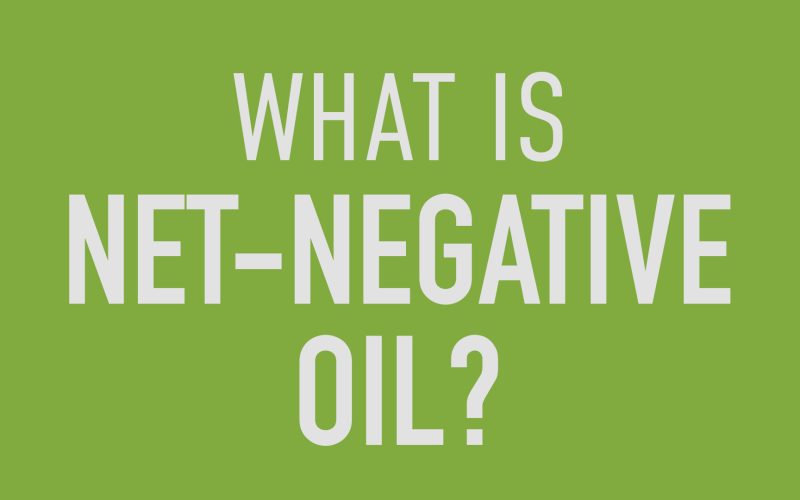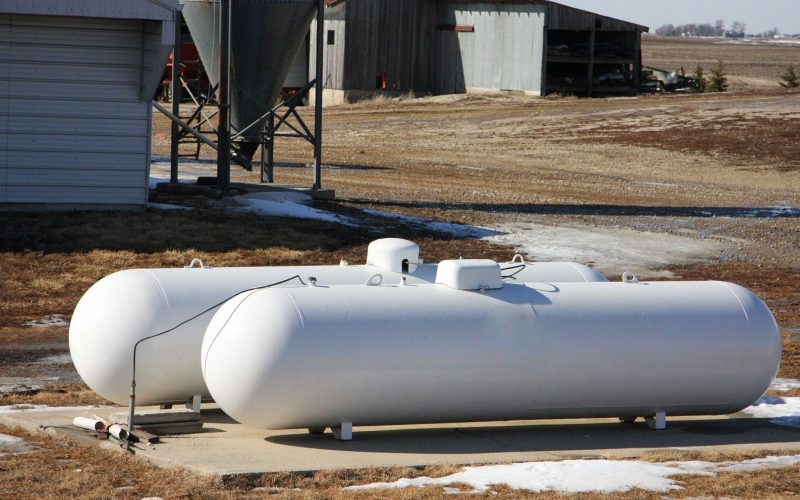THE VOICE FOR THE ENERGY CONSUMER

Rising energy prices continues to worry consumers around the globe, with low inventory making fuel more expensive, and the winter season just around the corner – when households typically use.

Consumers are facing rising prices everywhere – from gas and food to lumber and electronics. CEA’s David Holt spoke with KTRH about our increasing energy bills and what smart energy.

Despite the pandemic, the United States consumed an average of about 18.19 million barrels of petroleum per day, or a total of about 6.66 billion barrels of petroleum in 2020,.

CEA’s Chris Ventura looks at the consequences of proposed tax increases on American energy production, leaving American families and small businesses holding the bill. The proposed methane tax will raise.

This week, the House Energy and Commerce committee advanced their portion of the reconciliation bill, which included a controversial methane emissions tax. If passed, the tax will raise prices on.

CEA’s recent independent study assessing job losses and economic impacts in Michigan from a political shutdown of Line 5 was recently cited as propane prices reach seasonal highs. And, with.

Montgomery, AL – Consumer Energy Alliance (CEA), the leading energy and environmental advocate for families and businesses, the Coastal Alabama Partnership (CAP) and the Gulf Economic Survival Team (GEST), today.

Rising inflation and higher gas prices are upon us, and now some in Congress want to slip an inequitable, punitive tax into the pending $3.5 trillion reconciliation bill. The proposed.

Carbon Capture Utilization and Storage (CCUS) is a process and also a technology that helps reduce carbon dioxide (CO2) emissions from the atmosphere while continuing to meet present and future.